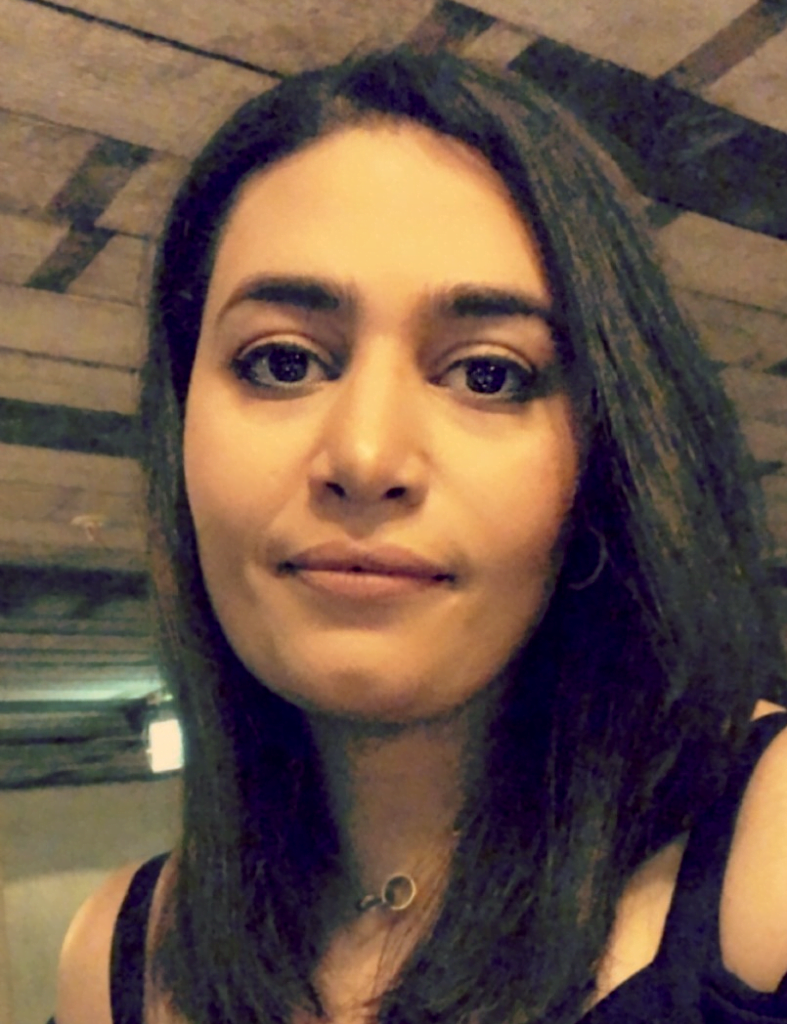Reclaiming the voice of the voiceless

By Amal Abdellatif
Associate Lecturer and PhD student, Amal Abdellatif, shares her thoughts on studying while raising children during a pandemic and the impact the pressures of the academic world can bring…
The pandemic has impacted each and every one of us. Everyone has stories of loss and adversity as we navigate the challenges living in a COVID-19 world. What follows are my experiences as a woman of colour, an international PhD student on a studentship programme, and a proud single mother to two children.
In 2018, I relocated to the UK to pursue my PhD degree and from the start, I struggled to gain a sense of belonging. Because I do not represent the dominant gender or extend the legacy of the white, I felt I had to work harder and get up to speed with the system so I could play by ‘the rules of the game’.
Studying for a PhD is not easy. You are expected to craft your professional identity as a junior scholar, get teaching responsibilities, network with well-established researchers in your field, attend conferences to position yourself in your discipline, and get published.
Challenging enough in normal times, but factor in a global pandemic and two children aged four and 14 under lockdown – with you as the sole source of income, food and entertainment – and things get really tough. The pandemic has had a big impact on people’s wellbeing and led to fatigue, burnout, tiredness and anxiety.
On top of this, I’ve observed that the academic world can sometimes foster a toxic, exploitative culture. It can be a place which devalues and discounts your ‘productivity’ as a mother while at the same time normalising and rewarding burnout.
In a culture where individuals are measured on their research productivity, which ultimately controls future employability, this emphasis can have a huge impact on work/life balance.
Before it is too late, now is the time to embrace humanity. You can’t apply usual measures in unusual times. Start with an inclusive conversation and include all voices. For funding bodies, HE institutions and even journals and reviewers, it is time to rethink policies and intervene to mitigate this gendered and racialised impact of the pandemic, especially on those who have been disproportionately affected.
As scholars and academics, we need to shift our mindset to challenge academia’s performativity in our writing. We need to use writing as a space to raise our voice, to document our stories, to breathe, to exist, to resist, to practice activism, to de-normalise the norm.
Most importantly, let’s write a new story of love; let’s care for one another as individuals and fellow humans.

